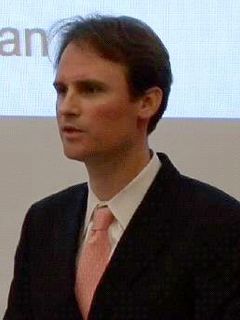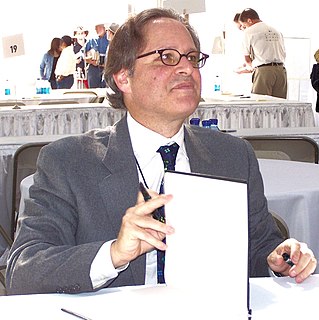A Quote by Wendy Kopp
The most successful teachers in low-income communities operate like successful leaders. They establish a vision of where their students will be performing at the end of the year that many believe to be unrealistic. They invest their students in working harder than they ever have to reach that vision, maximise their classroom time in a goal-oriented manner through purposeful planning and effective execution, reflect constantly on their progress to improve their performance over time, and do whatever it takes to overcome the many challenges they face.
Quote Topics
Believe
Challenges
Classroom
Communities
Constantly
Effective
End
Establish
Ever
Execution
Face
Goal
Harder
Improve
Income
Invest
Leaders
Like
Low
Low-Income
Manner
Many
Most
Operate
Oriented
Over
Overcome
Performance
Performing
Planning
Progress
Purposeful
Reach
Reflect
Students
Successful
Successful Leaders
Takes
Teachers
Than
Through
Time
Unrealistic
Vision
Whatever
Whatever It Takes
Will
Working
Working Hard
Year
Related Quotes
In the long run, we will need many more African-American, Latino, and Native American leaders, and leaders from low-income communities, who can bring additional insight and a deeply grounded sense of urgency, and who are the most likely to inspire the necessary trust and engagement among students' parents and community leaders.
Often low-income parents give their children every other thing they need for successful participation in school and the world of work except the planning and organizing skills and habit patterns needed to operate in complex settings. Many intelligent and able college students from low-income backgrounds confront these deficits when faced with a heavy assignment load. . . . These patterns are best acquired at an early age and need to be quite well developed by late elementary school or twelve or thirteen years of age.
Anyone can steer the ship, but it takes a leader to chart the course. Don't ever underestimate the power of planning. You can't make your vision come to life unless you outline each goal-driven step at a time. And you can't reach your full potential unless you plan how to make the most of your purpose and passion. When you look around and see people who are the captains of their ship, invariably they have taken pains to chart their successful course through life.
The American Federation of Teachers has a long track record of working with administrators, parents, and communities to provide real help to struggling students and low-performing schools. We've learned that intensive interventions, proven programs, and adequate resources can transform students' lives and their schools.
Public education for some time has been heavily focused on what curricula we believe will be helpful to students. Life-Enriching Education is based on the premise that the relationship between teachers and students, the relationships of students with one another, and the relationships of students to what they are learning are equally important in preparing students for the future.
I'd say the most important criteria is vision. What is your vision for the party? Do you have a vision to strengthen the grassroots and help them turn out people in their local communities? That's the real thing. The real question is not about one person. It's not about an individual. It's about millions of people working all over this country to reach out in their local communities. And the DNC chair has to help them do that and have a vision for that and have the energy for that.
Many times when people have a vision, they think in terms of a big vision - I want to take my city for Christ. But the problem with many pastors and this type of vision is this: they haven't developed the strategy to fulfill that vision. A pastor preaches a dream or vision to his/her people, they get excited for a week, a month, or a couple of months, but there is no strategy, planning, or process to fulfill that vision.
In my writing, I want to address all communities, you know. I've spent many years talking about Chicano culture, Chicano history, and at the same time, I've also been in many communities and presented my work in many communities, in many classrooms, and that's where my vision is and my delight is and my heart is.
One of the most consistent findings about low performing schools and students is that "home variables" (parental income and education, etc.) are more predictive than "school variables." But, having said that, we as a society can have much more effect on the school variables than on the home variables, so it's important and valuable to focus on the question of which interventions in schools are most effective and which are least effective.
One of the problems many leaders report is a gap between strategy and execution. Usually this "gap" arises because the so-called "strategy" is a set of financial performance goals, not an approach to overcoming challenges. The two key ways to narrow this gap are to avoid bad strategies that fail to explain how to proceed and to establish a proximate objective - something which can be accomplished and which will open the door to further progress.
Consider what it takes for successful businessmen and businesswomen, effective entrepreneurs and hardworking associates, shrewd retirees and idealistic students to combine forces with a creative pastor to grow a "successful church" today. Clearly, it doesn't require the power of God to draw a crowd in our culture. A few key elements that we can manufacture will suffice.

































